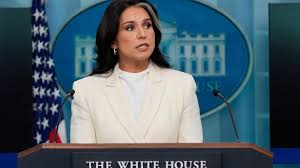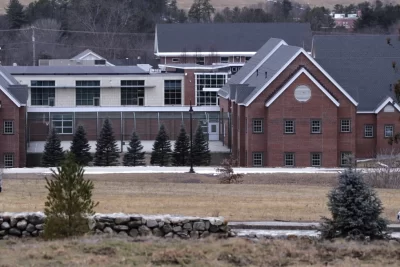
WASHINGTON— Donald Trump scored a decisive victory in a deeply divided nation. And in so doing, the Republican president-elect exposed a fundamental weakness within the Democratic base and beat back concerns about his moral failings, becoming the first U.S. president with a felony conviction.
Trump won over frustrated voters with bold promises that his fiery brand of America-first economic populism and conservative culture would make their lives better. He will be tested immediately, however, and there are reasons to believe his plans for mass deportations and huge tariffs may hurt the very people who enabled his victory.
Still, he is set to enter the White House on Jan. 20, 2025, from an undisputed position of strength. With votes still being counted, he could become the first Republican in two decades to win the popular vote.
The results left Democrats facing an urgent and immediate reckoning, with no obvious leader to unite the anti-Trump coalition and no clear plan to rebuild as an emboldened Trump prepares to re-take Washington.
With modest shifts, Trump undermines the Democrats’ coalition
Black voters — men and women — have been the bedrock of the Democratic Party, and in recent years, Latinos and young voters have joined them.
All three groups still preferred Democrat Kamala Harris. But preliminary data from AP VoteCast, a survey of more than 120,000 voters nationwide, suggested that Trump made significant gains.
Voters under age 30 represent a fraction of the total electorate, but about half of them supported Harris. That’s compared to the roughly 6 in 10 who backed Biden in 2020. Slightly more than 4 in 10 young voters went for Trump, up from about one-third in 2020.
At the same time, Black and Latino voters appeared slightly less likely to support Harris than they were to back Biden four years ago, according to AP VoteCast.
About 8 in 10 Black voters backed Harris, down from the roughly 9 in 10 who backed Biden. More than half of Hispanic voters supported Harris, but that was down slightly from the roughly 6 in 10 who backed Biden in 2020. Trump’s support among those groups appeared to rise slightly compared to 2020. Collectively, those small gains yielded an outsize outcome.
He also appealed to religious voters in both parties by seizing on the Democrats’ support for the transgender community.
Overall, about half of Trump voters said inflation was the biggest issue factoring into their election decisions. About as many said that of the situation at the U.S.-Mexico border, according to AP VoteCast.
He papered over the fact that the economy by many conventional metrics is robust — inflation is largely in check and wages are up — while border crossings have dropped dramatically. He talked right past the facts and through relentless repetition convinced voters.
He also sold them on the promise of the largest mass deportation effort in U.S. history, although he has not explained how such an operation would work. And he is threatening to impose massive tariffs on key products from China and other American adversaries, which economists warn could dramatically boost prices for average Americans.




